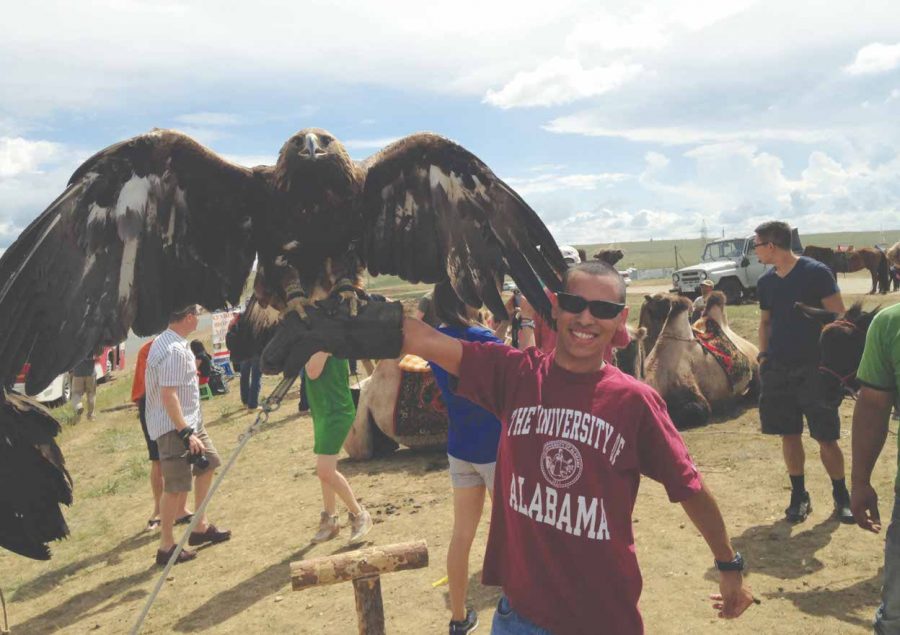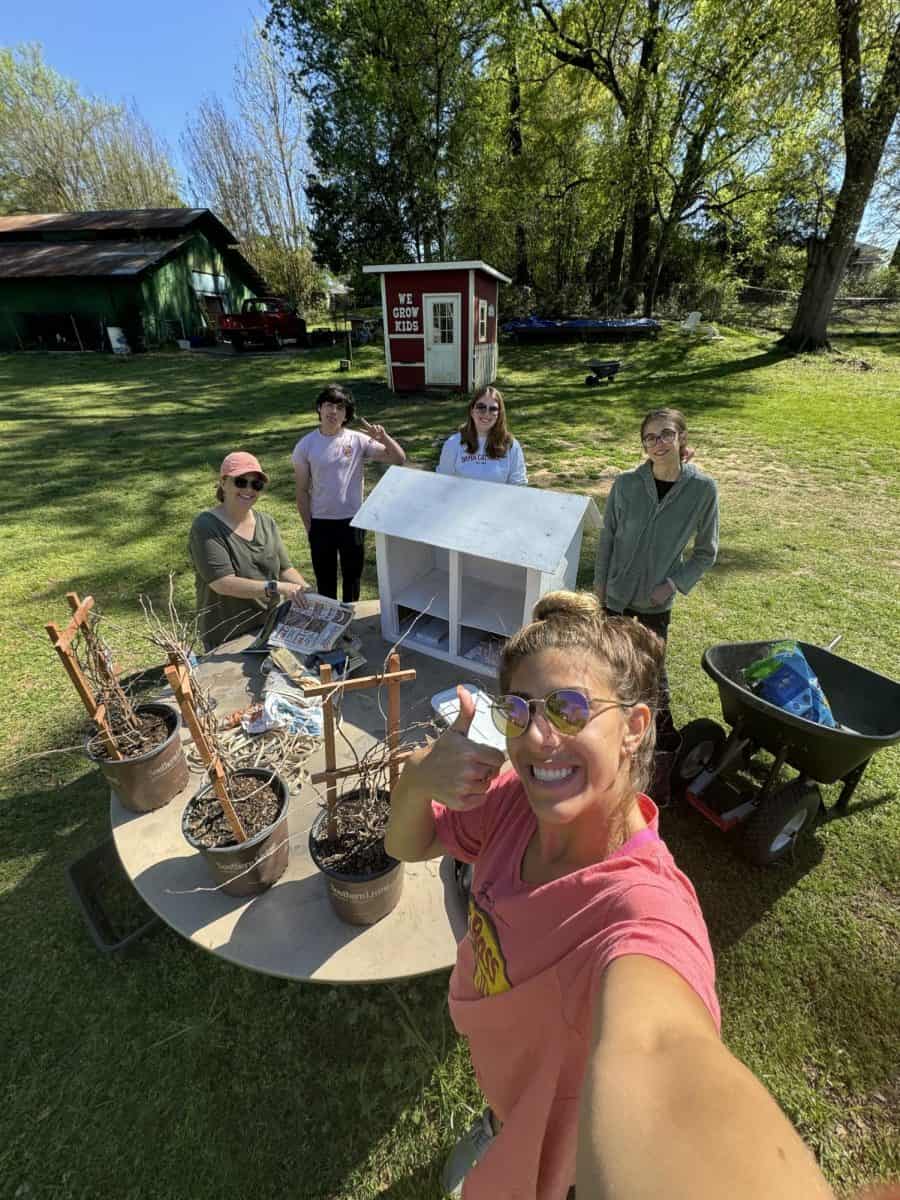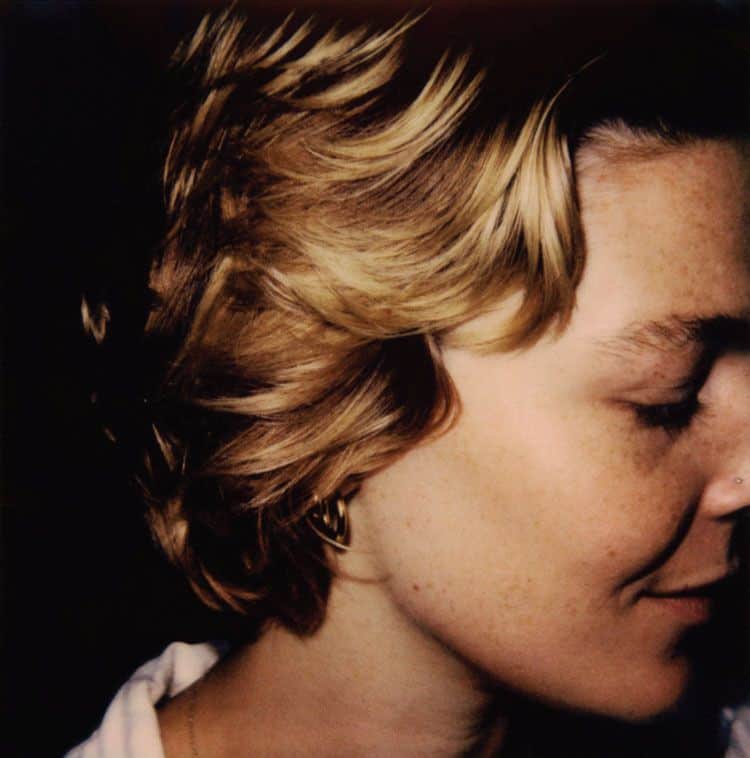Five University of Alabama Army ROTC juniors, at least three of whom had never previously been out of the country, experienced deployment without combat this summer as they journeyed around the globe to places as far-reaching as Mongolia and Thailand, with Cadet Command’s Cultural Understanding and Language Proficiency program.
CULP offers three different avenues of military immersion abroad for cadets in the program: humanitarian service, military-to-military contact with the host country and social, cultural and historical education about the visited country by the cadet. In 2012 alone, 1,200 cadets went abroad with CULP.
Army Lt. Col. Kenneth Kemberly, who is in charge of the UA Army ROTC battalion, said CULP is neither a study abroad program nor completely altruistic. He said he believes the program essentially has 18- to 19-year-olds conduct U.S. foreign policy and opens the door to more cultural understanding and peace abroad.
Army Capt. Jack Benford, who also works with the battalion, said he looks for cadets of the highest caliber to participate in the program.
“They have to show leadership capability,” Benford said. “They have to show the ability to work as a team player. They have to be athletic, to be held in high esteem academically.”
During the fall semester, Kemberly casts out a net to find cadets interested in the program. From there, a two-tier selection process ensues.
First, UA ROTC officials make a merit-based list, ranking cadets by physical fitness, GPA, an essay written by the cadet and other information provided by the cadet’s commanding officer. Cadets must be contracted to an Army obligation after college to be eligible. After the list is compiled, the second tier in the application process involves higher-echelon commanders from the brigade level compiling another list, ranking cadets to find the best among them.
Gregory Hacker, a junior cadet majoring in finance, went to the capital of Mongolia, Ulan Bator, for 29 days and had little knowledge of the country before departing.
“The trip has impacted me because it gave me opportunities to be in leadership, so I actually got to serve as a platoon sergeant,” Hacker said. “I still have to learn, and I still have to go through by the books. But I’ve actually got that experience of being in that position under real military situations.”
Hacker’s trip was a United Nations mission called Khaan Quest Multinational Support Peace Keeping Operation, funded by the U.S. government and hosted by Mongolia. Fifteen militaries, all U.S. allies and members of the UN, worked together for the latter two weeks of Hacker’s stay, beginning with sporting activities that encouraged relations between cadets from different countries and ended with simulation training exercises.
The first portion of Hacker’s CULP trip was spent as a part-time tourist, visiting historic sites such as a famous statue of Genghis Khan, as well as a local, living with nomads for some time in their mobile homes, or “gers.” He rode horses and camels, hiked in the mountains and held exotic birds, such as vultures and golden eagles, in the countryside, which he said GPS tracking couldn’t even locate.
Hacker said the experience was eye-opening, especially since he had never been out of the U.S. before. He described Mongolia as “poverty-driven” and on the verge of becoming a second-world country. While there, he said he saw how something as simple as hot water for showering can be taken for granted in the United States but can be so rare elsewhere.
“To see the people and children and how they live, but how happy they were, too – that impacted me,” Hacker said. “Because maybe I should second guess when I start complaining about the little things.”
Chase D’Amato, a junior cadet majoring in criminal justice, traveled to Romania with CULP to work with the Romanian Special Intervention Brigade. He had a similar experience to Hacker, as he and his team instructed the Romanian military in three courses: English, writing, and the tactical use of English in order to give orders, conduct operations and communicate with online medevacs for additional first aid information.
“It was fun to watch our students from the beginning of training them all the way to the end, even though it was a short time,” D’Amato said. “The biggest thing we taught them over there was our army values, our warrior ethos, and I think that translates to any country’s military – they’re great values and a great basis.”
D’Amato said he felt personally impacted by his trip, solidifying his decision to join the military.
Tyler Thomas, a junior cadet majoring in international relations with a focus in Arabic, found himself in Thailand this past summer. He expected to be stationed in Jordan, but tensions with Syria moved the mission to Thailand.
Thomas worked with the Chulachomklao Royal Military Academy in the jungle surrounding Bangkok, helping the CRMA’s cadets learn conversational English by using small training operations to break the language barrier.
“[In the jungle], it was hot and rainy. Some of the guys on the team were freaking out, saying they were hearing tigers and stuff, but I don’t believe them,” he said. “We stayed in barracks some of the time, and the barracks didn’t have any air conditioning.”
Thomas’s experiences abroad were diverse, spanning from cultural to educational. He was able to spend time seeing the sites of Bangkok, including the temples, one in which a Buddhist monk blessed his team. Additionally, he bonded with some of the students in the political science department at the academy.
“I had some great discussions with cadets, and I thought it was one of the craziest things that I sat around one day with a couple of their cadets and we were talking about politics and political structures around the world,” he said.
Thomas said CULP prepared him for going through the channels of deployment as well as cultural sensitivity.
“Our whole global mission is to reach out to other nations and help and support them in what they’re trying to accomplish in their own countries. My kind of grasp on the thing is, if you want to be a leader in the Army one day, this is what we do,” he said. “This program is perfect for giving you a view of what we’re doing on a global stage.”







